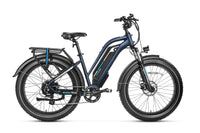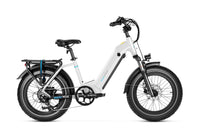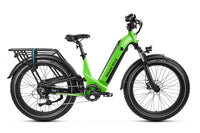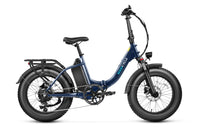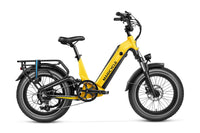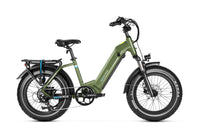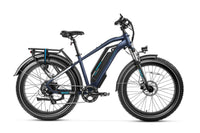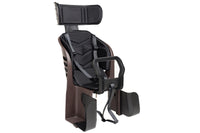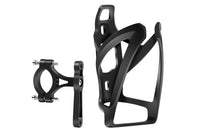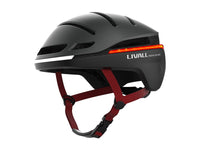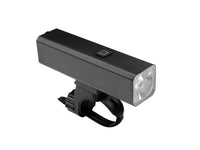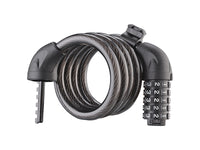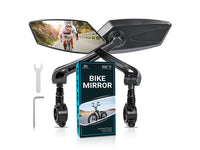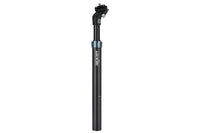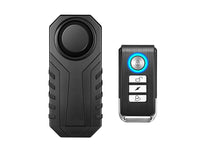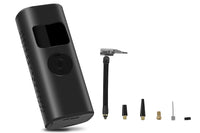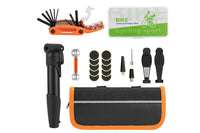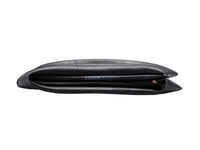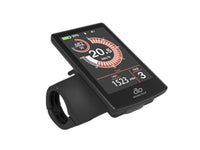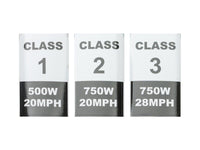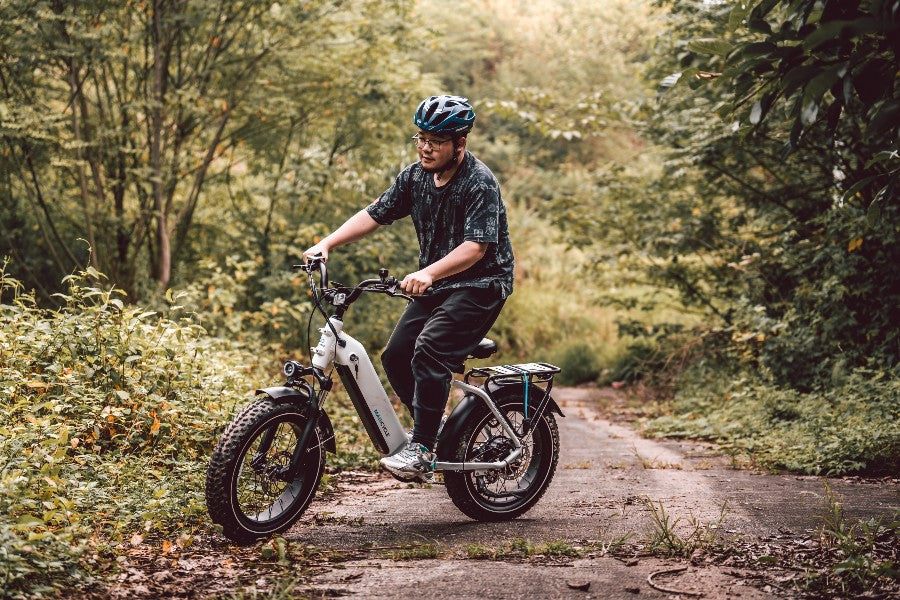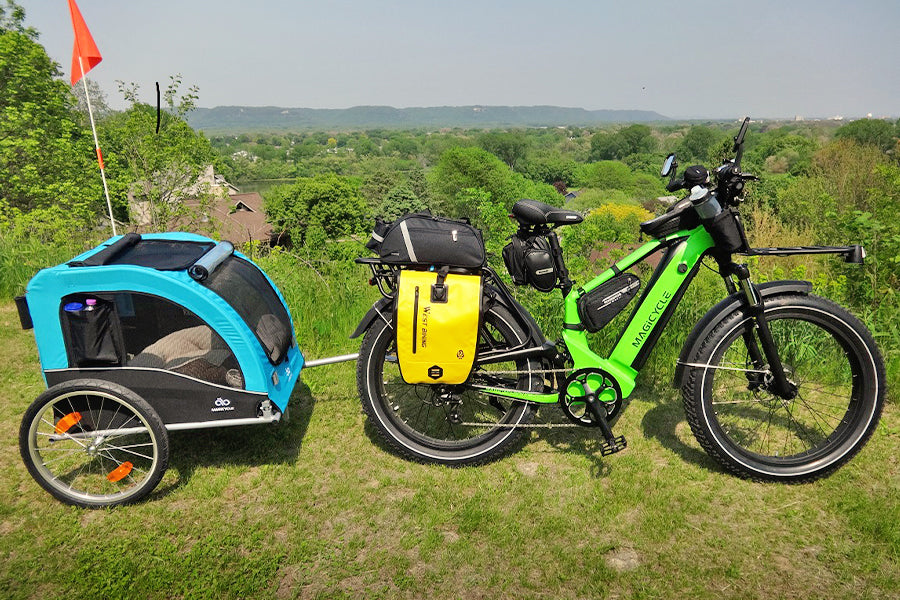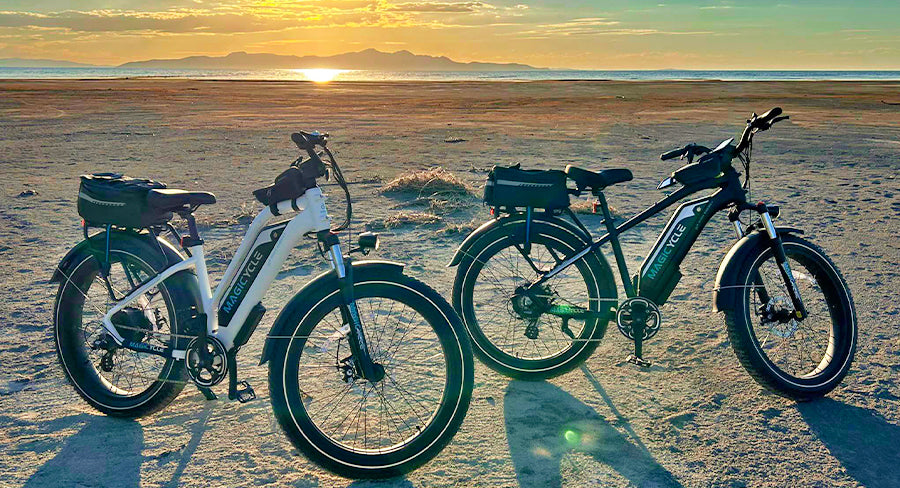 August 11,2023
August 11,2023
 August 11,2023
August 11,2023
Electric bicycles, also known as electric bikes or e-bikes, have gained popularity since they offer freedom of the road, in addition to being eco-friendly and more efficient than gas-guzzling engines. While this is a positive trend that should be encouraged, it is necessary to educate yourself on the legalities of electric bikes. In this article, we will take a look at the regulations and rules surrounding electric bikes, ensuring that you ride in full compliance with the law.
Contents
- 1. Understanding Electric Bikes
- 2. Types of Electric Bikes
- 1.1 Class 1: Pedal-Assist E-Bikes
- 1.2 Class 2: Throttle-Controlled E-Bikes
- 1.3 Class 3: Speed Pedelecs
- 3. Laws & Regulations in the U.S.
- 4. Laws & Regulations in Canada
- 5. Rules of the Road: Riding Legally and Safely
- 6. Bike Lanes and Roadways
- 7. Where Can You Find Electric Bikes?
Understanding Electric Bikes
Before we get into specifics, let’s take a moment to clarify what an electric bike is. Electric bikes are standard bicycles that have been upgraded with an electric motor that can take over when you get tired of pedaling. This is certainly welcome when riding uphill and on long rides to and from work or school. Some e-bikes offer full electric modes, while others provide pedal-assist options.
Types of Electric Bikes
Electric bikes are typically classified into different categories based on their power output and maximum speed. These classifications may vary depending on your country or region, but the three main categories are:
Class 1: Pedal-Assist E-Bikes
Pedal-assist bikes have pedals and a motor that kicks in only while the rider is pedaling, and cuts off once the bike reaches the speed of 20 miles per hour.
Class 2: Throttle-Controlled E-Bikes
This class of e-bike comes with a throttle that allows the rider to control the motor's power without pedaling. Class 2 e-bikes are also limited to 20 miles per hour.
Class 3: Speed Pedelecs
Class 3 e-bikes, have more power and can reach speeds up to 28mph. There may be additional regulations in some states, requiring a license or helmet for riding on roadways.
If you’re looking for a greener way to get to work in the morning, a study has proven that if people used e-bikes in place of 15 car rides, carbon emissions would drop by 12%. Cleaner air, saving money, and an easy way to get in some healthy exercise are just a few of the benefits of bike riding.
Laws & Regulations in the U.S.
In many places, electric bikes are treated as conventional bicycles, which means there are no specific age restrictions for riding one. However, some states have minimum age requirements (14 - 16) for operating certain classes of e-bikes. For example:
- Riders of e-bikes must be at least 14 years old in Alaska and Tennessee.
- There is no minimum age requirement in Florida, Nebraska, and Kentucky.
- A California Class 3 e-bike rider must be at least 16 years of age.
- Helmets are required for e-bike operators and passengers under the age of 18 in Arizona, Alaska, and Delaware.
- You must be 18 years old to ride without a helmet in North Dakota.
The majority of electric bikes do not require a driver's license to ride. In some states, Class 3 electric bikes with speeds over 28 mph require a driver's license. States requiring a license include:
- Alaska
- Alabama
- Massachusetts
- North Dakota
- Missouri
- New Mexico
Licensing and insurance are required for mopeds, which have speeds between 28 and 32mph. Check with your local authorities for your state for the type of e-bike you have or are planning to buy.
Laws & Regulations in Canada
The laws and regulations for riding an electric bike in Canada vary by province. However, some general rules apply across the country.
- Electric bikes must have a maximum assisted speed of 32 kilometers per hour (20 miles per hour).
- A motor that does not exceed 500 watts
- Must have fully operable pedals.
- Must be equipped with a headlight and taillight.
- Riders of electric bikes must be 16 years of age or older.
- Riders must wear a helmet.
- Riders must follow the same rules of the road as other cyclists.
In addition to these general rules, some specific regulations apply in certain provinces. For example:
- In Alberta, electric bikes are classified as "power bicycles"and are subject to the same regulations as motorcycles. This means that riders must have a driver's license and insurance.
- In British Columbia, electric bikes are classified as "motorized bicycles" and are subject to the same regulations as mopeds. This means that riders must be 16 years of age or older and have a Class 6D driver's license.
- In Quebec,electric bikes are classified as "bicycles" and are subject to the same regulations as regular bicycles. However, riders must be 14 years of age or older and wear a helmet.
- E-bikes are not permitted on sidewalks or in pedestrian areas. They are also not permitted on roads with a speed limit of 70 kilometers per hour (43 miles per hour) or higher, including the Whitemud Freeway or Anthony Henday Drive.
It is important to check the laws and regulations for your specific province before riding an electric bike. You can find more information on the website of the Canadian government.
Rules of the Road: Riding Legally and Safely
You're all set with your shiny new electric bike but hold on just a second. Understanding the rules of the road is crucial for your safety and the safety of others. As an e-bike rider, you'll be sharing the road with pedestrians, cyclists, and cars. Follow all traffic signals, use bike lanes when available, and be mindful of speed limits.
Bike Lanes and Roadways
Electric bikes for adults come equipped with side mirrors, and reflectors for riding at night. E-bike riders are usually permitted to use bike lanes and shared pathways, as long as there are no signs prohibiting it. However, it's crucial to know the specific rules in your area.
When there are no bike lanes available, e-bikes are allowed on the road, as long as you ride with the flow of traffic.
There are specific locations where electric bikes might be restricted due to safety concerns or local regulations. Commonly, electric bikes are not allowed on public sidewalks, highways, or freeways, and certain pedestrian-only areas may also prohibit their use. Always pay attention to signs and markings that indicate where e-bikes are not permitted.
Where Can You Find Electric Bikes?
Looking for the best deals? You can find electric bikes for sale at dedicated e-bike stores, online retailers, sporting goods shops, and even some bicycle shops that carry them. With the growing popularity of electric bikes, they are becoming more widely available, making it easier for you to find the perfect one for your needs.
As electric bikes continue to revolutionize modern transportation, it's vital to adhere to the established legal guidelines to guarantee your safety and the safety of others.
Understanding the classification of e-bikes, age requirements, helmet laws, and where you can ride will help you make the most of this eco-friendly and convenient mode of transportation.
Remember to always ride responsibly and stay informed about any changes in local regulations. Happy riding!


















































